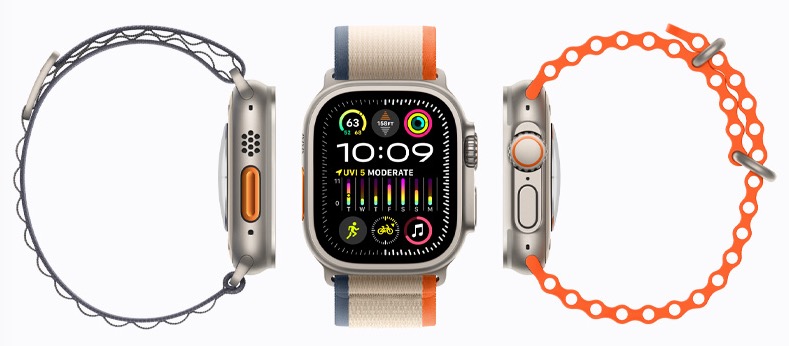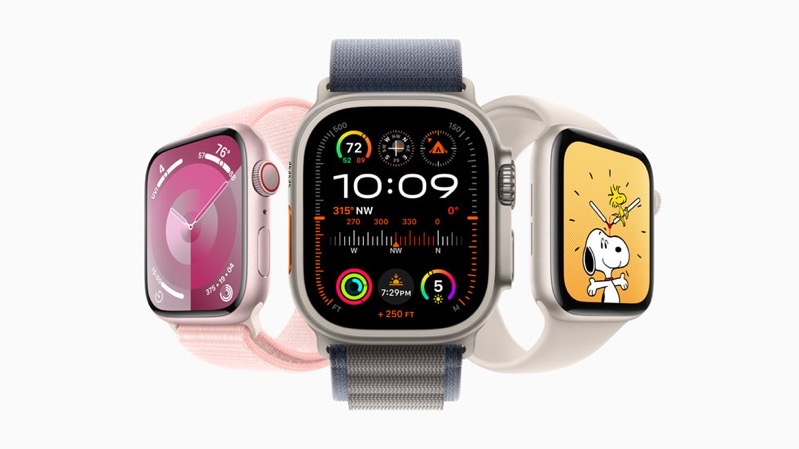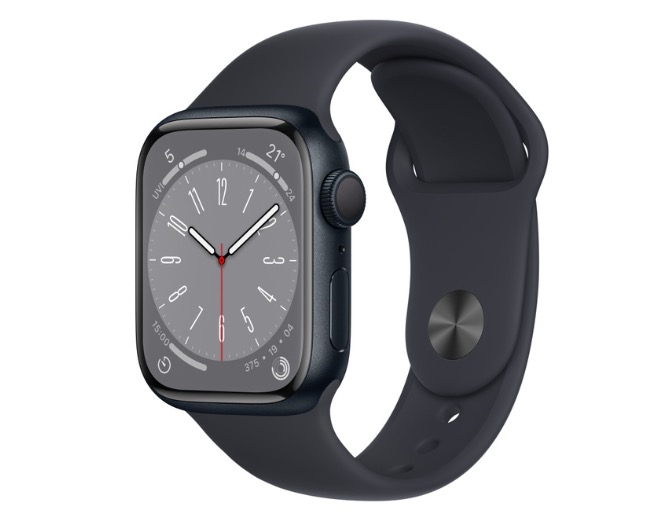
How Apple Plans to Fight the Apple Watch Sales Ban in the U.S.
Yesterday we read about an unprecedented Apple Watch ban facing Apple, and now we have some ideas on how the company is planning to overcome the ban.
According to Bloomberg’s Mark Gurman, Apple is reportedly implementing a series of software fixes and exploring other potential solutions to safeguard its $17 billion business segment. According to sources familiar with the developments, Apple engineers are actively working on altering the algorithms that measure blood oxygen levels in the watches, a feature that has been the centre of a patent infringement claim by California-based Masimo, a global medical tech company.
This high-stakes engineering project is unique in Apple’s history. The company has faced product bans in other countries due to legal disputes, but this would be the first such restriction in its home market, significantly impacting one of its major revenue streams. The ban, set by the International Trade Commission, is scheduled to take effect on December 25, unless there is a last-minute intervention by the White House.
At stake are sales of the newest Apple Watch Series 9 and Apple Watch Ultra 2 which debuted in September.
Apple is reportedly preparing its retail stores for the change, with new promotional materials that exclude the Series 9 and Ultra 2 models, which are targeted by the ban. However, the lower-end SE model will remain available. Apple plans to halt online sales of the affected models by Thursday and remove them from its physical stores by December 24.
Internally, Apple believes that software modifications might suffice to address the patent issues, primarily related to hardware aspects of the technology. An Apple spokeswoman stated that the company is in the process of submitting a workaround to the US customs agency for approval, which is necessary to resume sales.
Masimo, however, has expressed skepticism about the effectiveness of a software-only solution, insisting that hardware changes are essential. The dispute centers around the technology used in the Apple Watch to measure blood oxygen levels, a feature first introduced in the Series 6 in September 2020, during the pandemic.
The situation is further complicated by the ITC ban, which would prevent Apple from selling the device in the US due to its reliance on overseas suppliers for components and assembly.
In the event that hardware modifications are necessary, it could take at least three months to produce and ship new models, as per an individual familiar with Apple’s operations. This timeline does not include the duration required for customs agency approval.
The ban’s impact extends beyond direct sales, as third-party retailers like Walmart, Best Buy, and Target are not subject to the restriction and have indicated their intention to continue selling the device.
The Apple Watch line has become a significant business, with estimated revenues of $16.9 billion in fiscal 2023. While this represents a fraction of the iPhone’s $200 billion revenue, the smartwatch is a key accessory for the latter to keep users tied into the Apple ecosystem.
The outcome of this dispute remains uncertain, with the US Trade Representative Katherine Tai reviewing the case. The White House has the authority to veto ITC decisions, as seen in a previous case involving the iPhone in 2013. However, the current situation involves a dispute between two US companies, adding complexity to any potential government intervention. Masimo has stated that the ITC’s judgment should be respected, emphasizing the need for even the most powerful companies to abide by the law.


